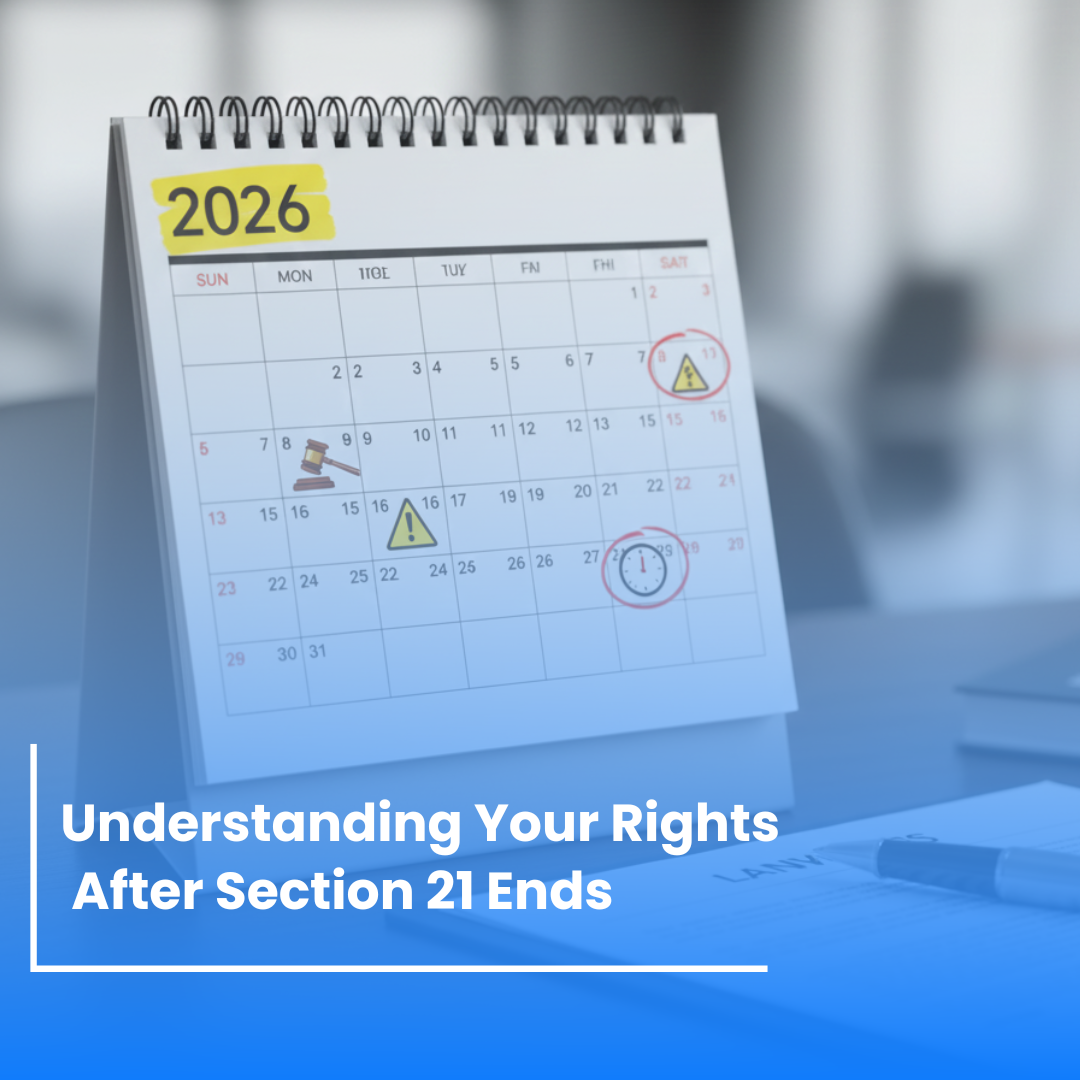Whistleblowing Protection UK: How to Make a Claim and Defend Against Retaliation
Whistleblowing is never easy. Many employees fear losing their jobs, being isolated, or bullied by managers or colleagues after raising concerns. However, whistleblowing plays a crucial role in exposing wrongdoing and holding employers accountable. If you’re facing unfair treatment after speaking up, UK whistleblowing protection laws are on your side.
At Adam Bernard Solicitors, one of the top solicitors firms in London, we specialise in whistleblowing protection UK and employment tribunal claims. In this guide, we’ll explain your rights, the whistleblowing process, and how to take legal action if you’ve been unfairly dismissed or victimised.
What Is Whistleblowing in the UK?
Whistleblowing happens when an employee reports a concern about wrongdoing in the workplace. This could include:
- Criminal offences such as fraud or bribery
- Health and safety risks
- Financial mismanagement or corruption
- Damage to the environment
- Failure to follow legal obligations
To qualify for whistleblower protection in the UK, the concern must be in the public interest, not just a personal grievance.
Am I Protected for Whistleblowing?
- Yes, if your report is considered a “protected disclosure” under the Public Interest Disclosure Act 1998 (PIDA). To be protected under UK law, you must:
- Make the disclosure in the right way (e.g., to your employer, a regulator, or relevant authority)
- Report issues that affect others or the public, not just yourself
When you follow the correct steps, you are protected from:
- Whistleblowing dismissal
- Unfair treatment or demotion
- Workplace bullying or harassment
Being denied promotion or training opportunities
Common Retaliation After Whistleblowing
Unfortunately, retaliation still happens. Many whistleblowers experience:
- Being unfairly disciplined or dismissed
- Isolation from colleagues
- Negative performance reviews without justification
- Verbal abuse or bullying
- Sudden changes in job roles
If you’ve experienced this, you may have grounds for a whistleblowing claim at an employment tribunal.
Can I Be Dismissed for Whistleblowing?
No. If your employer fires you because of a protected disclosure, this is considered automatically unfair dismissal under UK employment law.You don’t need two years of service to make a claim. Unlike other unfair dismissal claims, there’s no minimum length of employment needed when it comes to whistleblowing dismissal.
How to Make a Whistleblowing Claim
If you’ve been victimised or dismissed for whistleblowing, here’s what to do:
- Gather Evidence Keep records of what you reported, who you reported it to, and any negative treatment that followed.
- Check If Your Disclosure Qualifies You must prove that your report was a protected disclosure under PIDA.
- Seek Legal Advice Immediately Strict deadlines apply. In most cases, you must begin your claim within three months less one day from the date of the dismissal or unfair treatment.
- Begin the ACAS Early Conciliation Process This is a required step before going to an employment tribunal.
- Submit a Tribunal Claim If conciliation fails, you can proceed with your whistleblower claim at a tribunal.
Whistleblower Protection Advice for Employees
At Adam Bernard Solicitors, we understand the pressure whistleblowers face. Whether you’re thinking about reporting wrongdoing or you’ve already suffered retaliation, we can:
- Help you draft a legally protected disclosure
- Advise on internal whistleblowing procedures
- Guide you through the ACAS and tribunal process
- Fight for compensation for whistleblowing dismissal
Our team of employment law experts regularly advise on whistleblowing protection in the UK and have successfully represented clients at employment tribunals.
Real Protection Starts With Real Advice
Don’t let fear silence you. If you’ve done the right thing, you deserve to be protected. UK law is clear: whistleblowers are legally safeguarded. But navigating the system alone can be overwhelming.
We help clients:
- Understand their legal rights under the Public Interest Disclosure Act
- Avoid common mistakes that may harm their case
Take strong legal steps against whistleblowing retaliation
Why Choose Adam Bernard Solicitors?
As one of the top employment law firms in London, we are passionate about protecting those who speak up. When you choose us, you’re choosing:
- Expertise in UK whistleblowing law
- Proven success in employment tribunal claims
- Personalised legal support
- Transparent and affordable fees
Get in touch today at: info@adambernard.co.uk
We are based in London but serve whistleblowers across the UK.














